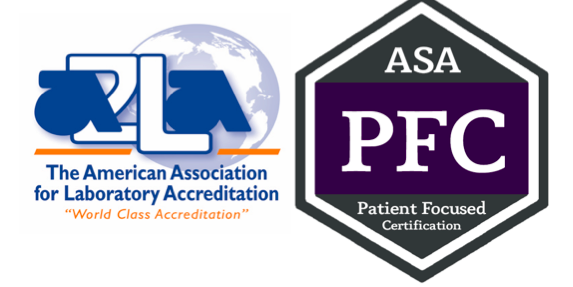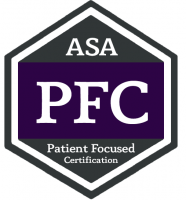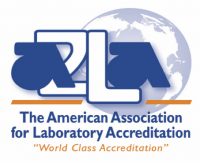In the first part of this series, Michelle Bradac, senior accreditation officer at the American Association for Laboratory Accreditation (A2LA), told us about the basics of laboratory accreditation, what it means and why it is such a cornerstone of product safety. In this next piece, we sit down with Roger Brauninger, A2LA Biosafety Program manager, to learn why states are looking to lab accreditation in their regulations for the cannabis industry.
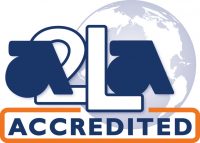 Brauninger has worked at A2LA since 1999. As the manager of their biosafety program, his focus is on developing and maintaining accreditation programs in the life sciences. Brauninger has conducted a number of management system assessments to ISO/IEC 17025 and 17020 and also evaluates other assessors in this role.
Brauninger has worked at A2LA since 1999. As the manager of their biosafety program, his focus is on developing and maintaining accreditation programs in the life sciences. Brauninger has conducted a number of management system assessments to ISO/IEC 17025 and 17020 and also evaluates other assessors in this role.

He is A2LA’s point person for interacting with organizations working with food and drug safety, human and animal anti-doping, biological and chemical threat agents and since 2014 for issues related to cannabis testing. He is a member of the ASTM D37 Cannabis committee, a group focused on creating standards for cannabis products. He was also a member of the stakeholder panel on strategic food analytical methods (SPSFAM) cannabis potency working group when they were awarded the Official Methods Board (OMB) award for achievement in technical and scientific excellence at the AOAC’s Annual Meeting and Exposition in Atlanta, GA. Brauninger holds an M.S. degree in Cellular, Microbial and Molecular Biology from George Mason University and is a member of the Society for Toxicology, AOAC International and the International Association for Food Protection (IAFP).
In this part of the series, we sit down with Brauninger to learn specific requirements in states, some of the benefits of using ISO/IEC 17025 and the influx of start-up or novice testing laboratories. Stay tuned for part three.
CannabisIndustryJournal: Do all states with legalized medical cannabis require the testing to be performed by an ISO/IEC 17025 accredited laboratory?
Roger Brauninger: No not at present, while most of the states where cannabis is legal do require accreditation; there are some states that have no requirements dealing with ensuring the competence of the testing laboratories, some that require the labs to be accredited to state environmental and drinking water standards, some that require laboratories adhere to Good Laboratory Practices (GLP) requirements and some have no requirements in place currently. Now, there are roughly 13 states that require or recommend accreditation of the testing laboratory to ISO/IEC 17025.
CIJ: If and when cannabis use is accepted federally, how is ISO/IEC 17025 accreditation of testing laboratories beneficial?
Roger: The accreditation process provides a uniform platform to allow for comparability of test results between states. This would also allow for these laboratories to benefit by being able to expand their customer base, if state borders were not an artificially imposed barrier to trade. This could also help to raise the quality of the testing services by allowing for greater participation in realistic accredited proficiency testing programs, which can create greater comparability of methods and results.
CIJ: What are the benefits to the states by choosing to require ISO/IEC 17025 accreditation as a basis for competence of testing laboratories?
Roger: States face the unique challenge, due to the federal illegality of cannabis, that they must craft their own regulatory cannabis program requirements. The ISO/IEC 17025 requirements provides a means upon which to recognize laboratory competence. This saves the states from having to come up with their own laboratory quality management requirements detailing the necessary activities a laboratory must address with respect to documentation, chain of custody, method validation, etc. Because these items are already considered in the standard. ISO/IEC 17025 helps to creates a baseline consistency amongst laboratories between states. And It also helps to provides for the legal defensibility of the test results. If and when cannabis is legalized on a federal level, a uniform 50 state recognition is possible using ISO/IEC 17025 as the basis of recognition. In short accreditation can help to ensure that test results have greater comparability and reliability; It also provides greater trust and confidence in the labels and the stated ingredients.
CIJ: Many of the laboratories are “starting up”, how is A2LA equipped to deal with the influx of novice laboratories in this field of testing?
Roger: A2LA offers many different relevant training classes, including those on the ISO/IEC 17025 standard itself, (as well as ones that also contain cannabis-specific content), internal auditing, documenting your quality system, etc. for the laboratories. A2LA also is knowledgeable regarding various states’ cannabis regulatory requirements and can help guide the labs through some of the many obstacles they face in order to perform testing in their state.
CIJ: Does A2LA provide any technical assistance to laboratories that are starting up in this industry?
Roger: A2LA has numerous technical assessors who are experts in the analytical technology associated with cannabis testing. Assessors can be hired in a consulting role and act independently of the assessment process (and independent of A2LA). As a consultant, they can also assist in setting up a quality management system in compliance with ISO/IEC 17025.
CIJ: What benefits can be gained from a laboratory seeking accreditation or from a state that requires cannabis testing laboratories to be accredited?
Roger: Accreditation can provide legal defensibility and increased confidence in the test results being able to stand up in court. It also may help to lower the cost of doing business because it helps to ensure that the test methods are in control by the laboratory and has been shown to be able to reduce the need for repeat testing. Laboratory accreditation has also led to reduced insurance rates in some cases.

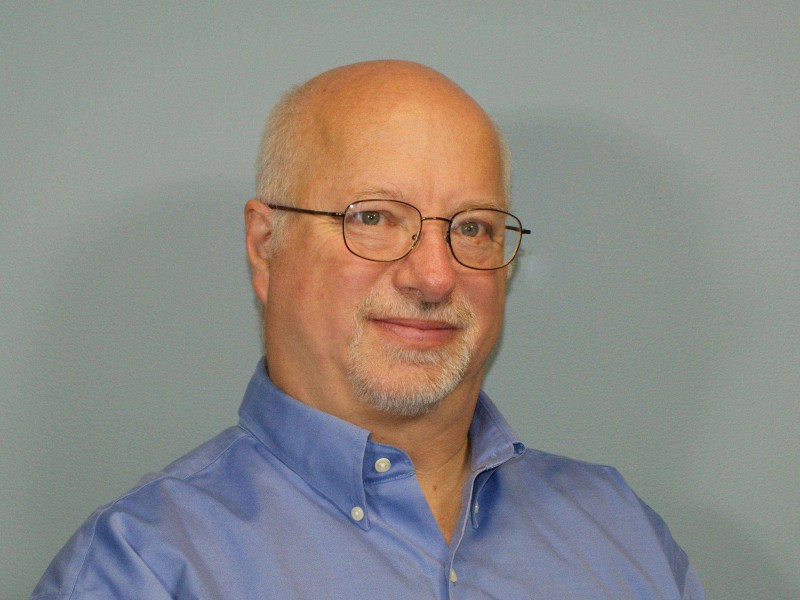




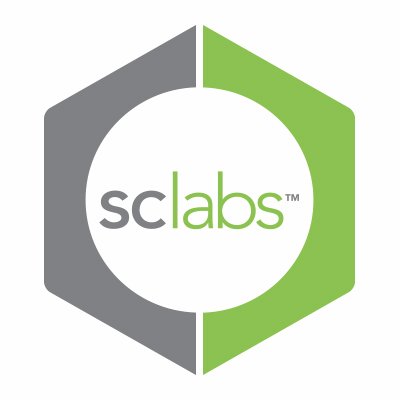
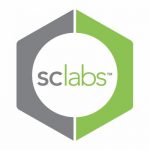


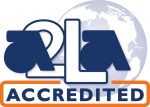


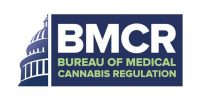
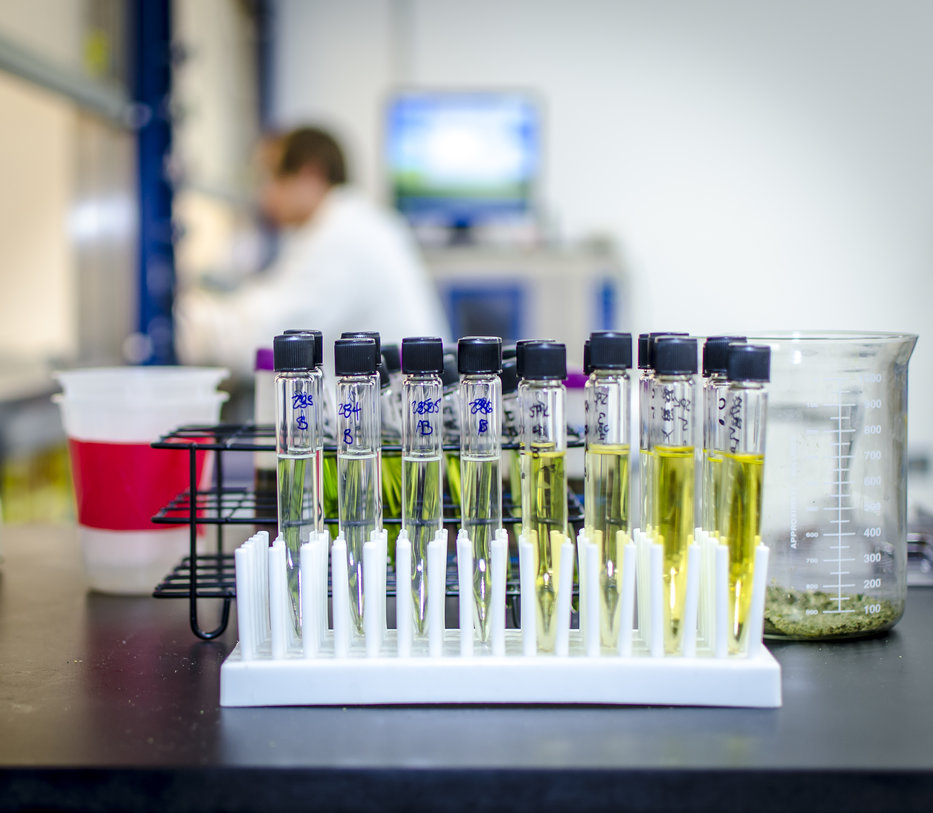
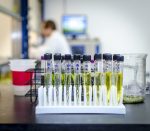
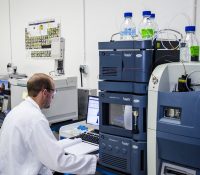
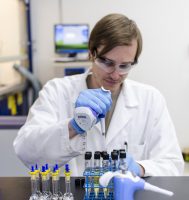


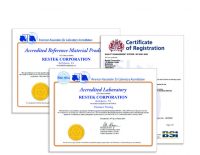
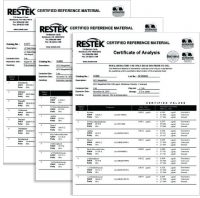
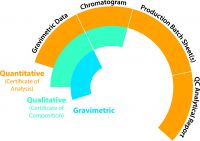
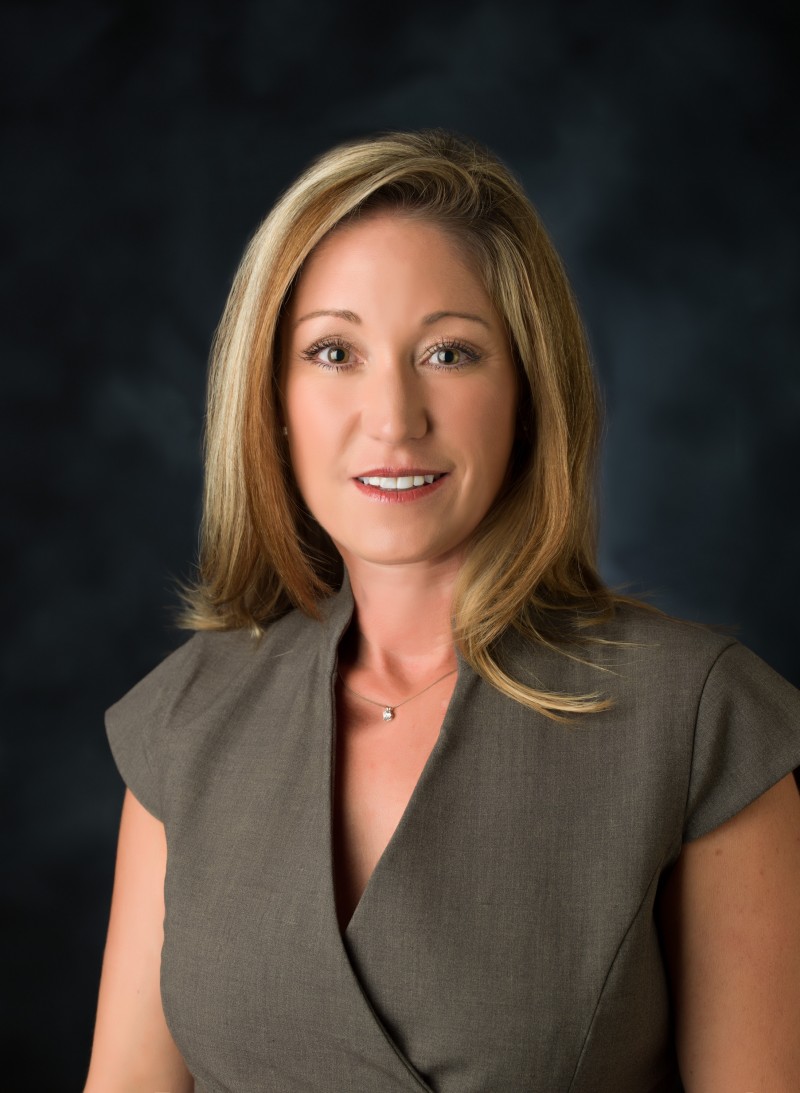




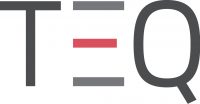 By implementing ISO 17025 accreditation, the laboratory monitors systems and processes central to analyses in an effort to minimize discrepancies and variability in test results. According to Roger Brauninger, biosafety program manager at A2LA, this type of accreditation demonstrates their competence and commitment to rigorous science. “It is encouraging to have testing laboratories taking ownership of the quality of the work performed,” says Brauninger. “Reliable testing will be imperative to insure safety of the products out on the market as this industry continues to expand.” As the first accreditation of its kind in North America, Brauninger hopes this will open the doors for more cannabis laboratories to acknowledge their role in demonstrating scientific competency for the industry.
By implementing ISO 17025 accreditation, the laboratory monitors systems and processes central to analyses in an effort to minimize discrepancies and variability in test results. According to Roger Brauninger, biosafety program manager at A2LA, this type of accreditation demonstrates their competence and commitment to rigorous science. “It is encouraging to have testing laboratories taking ownership of the quality of the work performed,” says Brauninger. “Reliable testing will be imperative to insure safety of the products out on the market as this industry continues to expand.” As the first accreditation of its kind in North America, Brauninger hopes this will open the doors for more cannabis laboratories to acknowledge their role in demonstrating scientific competency for the industry.